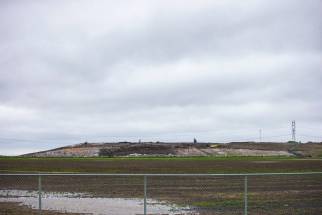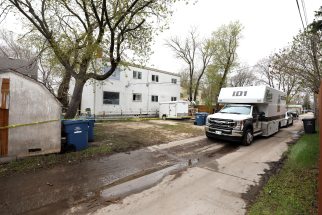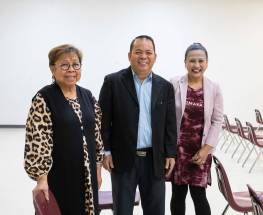Winnipeg School Division plans to offer Filipino bilingual program ‘The numbers we have warrant representation,’ says one of three newly elected board trustees from city’s large ethnic community
Read this article for free:
or
Already have an account? Log in here »
To continue reading, please subscribe:
Monthly Digital Subscription
$0 for the first 4 weeks*
- Enjoy unlimited reading on winnipegfreepress.com
- Read the E-Edition, our digital replica newspaper
- Access News Break, our award-winning app
- Play interactive puzzles
*No charge for 4 weeks then price increases to the regular rate of $19.00 plus GST every four weeks. Offer available to new and qualified returning subscribers only. Cancel any time.
Monthly Digital Subscription
$4.75/week*
- Enjoy unlimited reading on winnipegfreepress.com
- Read the E-Edition, our digital replica newspaper
- Access News Break, our award-winning app
- Play interactive puzzles
*Billed as $19 plus GST every four weeks. Cancel any time.
To continue reading, please subscribe:
Add Free Press access to your Brandon Sun subscription for only an additional
$1 for the first 4 weeks*
*Your next subscription payment will increase by $1.00 and you will be charged $16.99 plus GST for four weeks. After four weeks, your payment will increase to $23.99 plus GST every four weeks.
Read unlimited articles for free today:
or
Already have an account? Log in here »
Hey there, time traveller!
This article was published 06/12/2022 (1104 days ago), so information in it may no longer be current.
A historic number of freshly minted Filipino trustees on Manitoba’s largest school board will oversee the introduction of a new bilingual program catering to immigrants from the Philippines and their Winnipeg-born descendants.
The Winnipeg School Division, which oversees the education of 30,000 students in central and inner-city classrooms, is planning to launch a Filipino bilingual program next year.
So far, 12 students have registered for the course slated to be offered at Meadows West School in Inkster Gardens. The division requires a minimum of 23 pupils to enrol in a specialty program before finalizing it.
SUPPLIED The Winnipeg School Division is introducing a new bilingual program catering to immigrants from the Philippines and their Winnipeg-born descendants.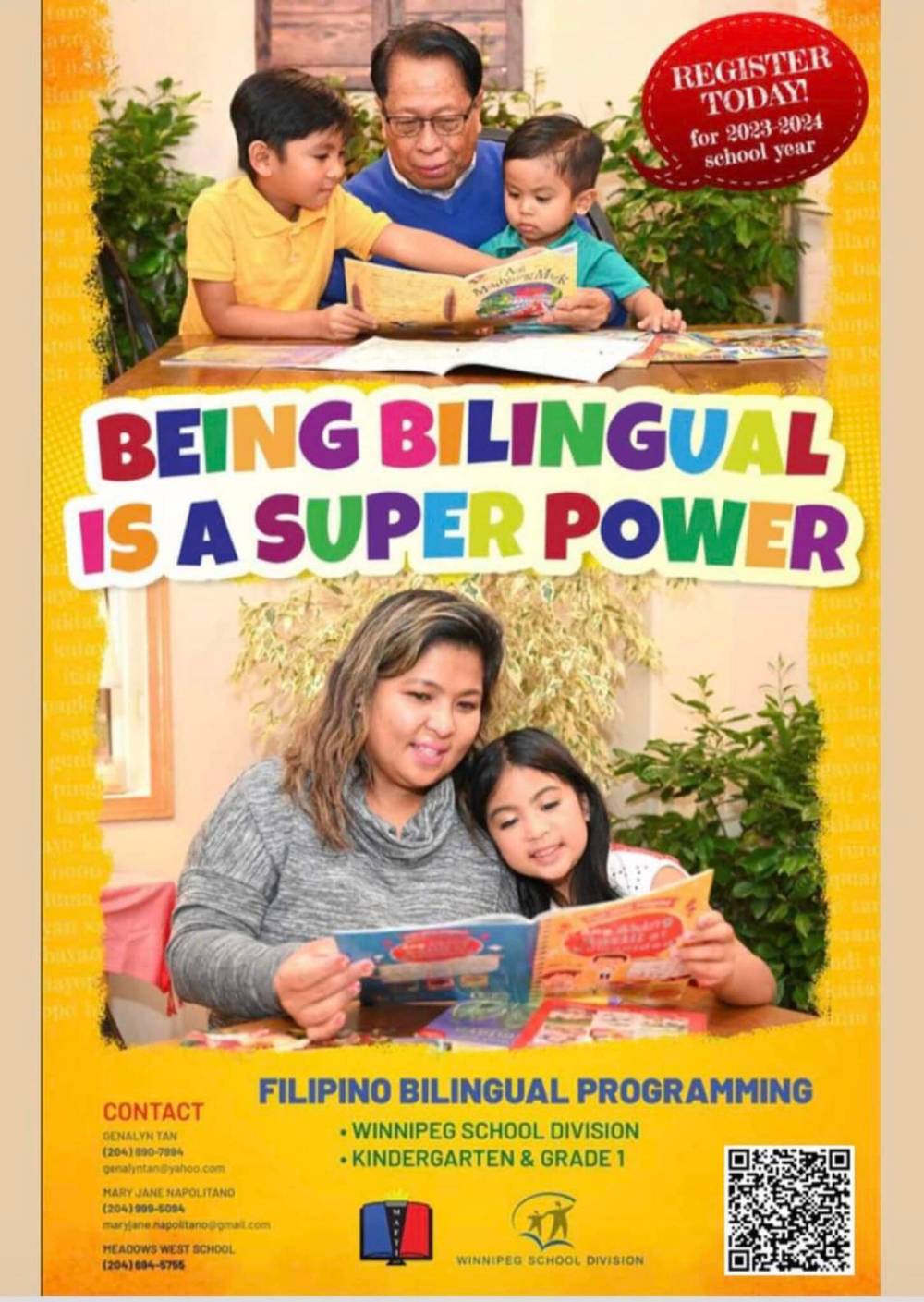
“If we are not going to do this, I cannot imagine moving forward — 10 years from now, our youth of today will no longer have the language; it’s easy to lose,” said Mary Jane Napolitano, president of the Manitoba Association of Filipino Teachers.
When her family immigrated to Canada from the Philippines nearly 20 years ago, Napolitano initially encouraged her nine-year-old daughter to focus on English.
“I thought that’s the best way to do it, and many of us practised that… but now the tables are already turned around. (Parents) want their children to know the language, to know the culture, the history, the songs, and we’ve been very, very successful in delivering this in our heritage programs. Why not put it in class now?” she said, noting the success of WSD’s existing after-school cultural offerings.
The inaugural cohort is expected to study Filipino during social studies, art and music.
WSD currently offers Ukrainian, Hebrew, Cree, Spanish and Ojibwe bilingual programs. The second language is used for instruction for approximately 50 per cent of lessons throughout a typical school day.
The three most common ethnic origins within the division’s borders are Filipino, English and Canadian, according to the latest school demographics report.
English aside, Tagalog — a dialect of the same language as Filipino — is the most popular language spoken in family homes.
JESSICA LEE / WINNIPEG FREE PRESS Newly-elected school trustee Perla Javate has more than 30 years experience working as a community liaison and intercultural support worker in the Winnipeg School Division.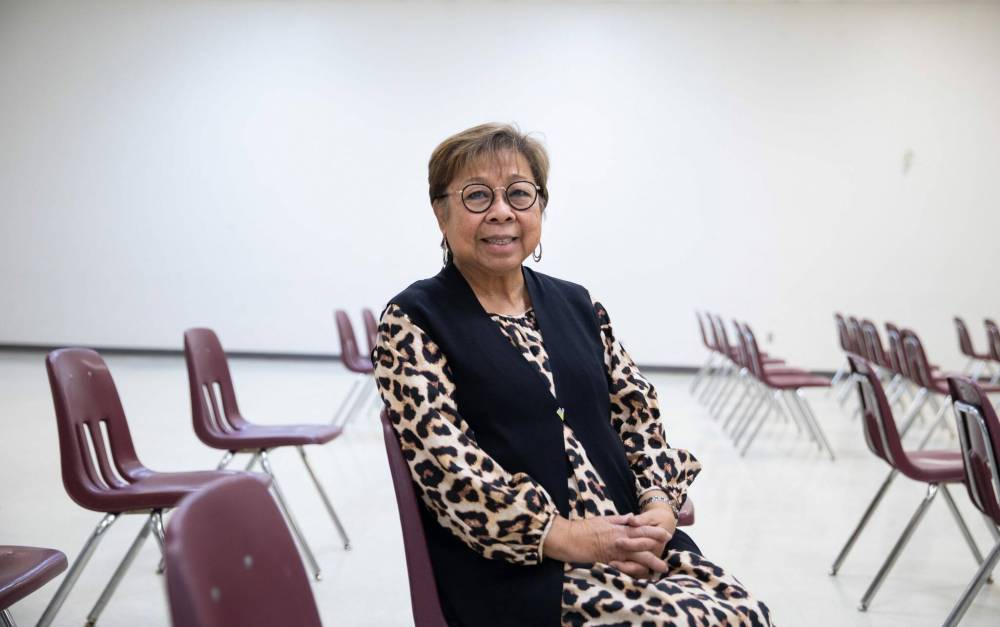
“The numbers we have warrant representation,” said Perla Javate, the newly elected Ward 6 representative whose resumé boasts more than 30 years working as a community liaison and intercultural support worker in the division.
“That’s one reason why I did say yes to running this time, because it was never my plan to go into a public position, because I was busy with volunteer work, working with racialized groups and the Philippine Heritage Council of Manitoba.”
Javate and her colleagues Dante Aviso and Ann Evangelista, voted in to represent wards 5 and 9, respectively, were honoured at an event at the Philippine Canadian Centre of Manitoba last month.
JESSICA LEE / WINNIPEG FREE PRESS Newly-elected school trustee Dante Aviso arrived in Winnipeg as a teenager and graduated from Daniel McIntyre Collegiate Institute.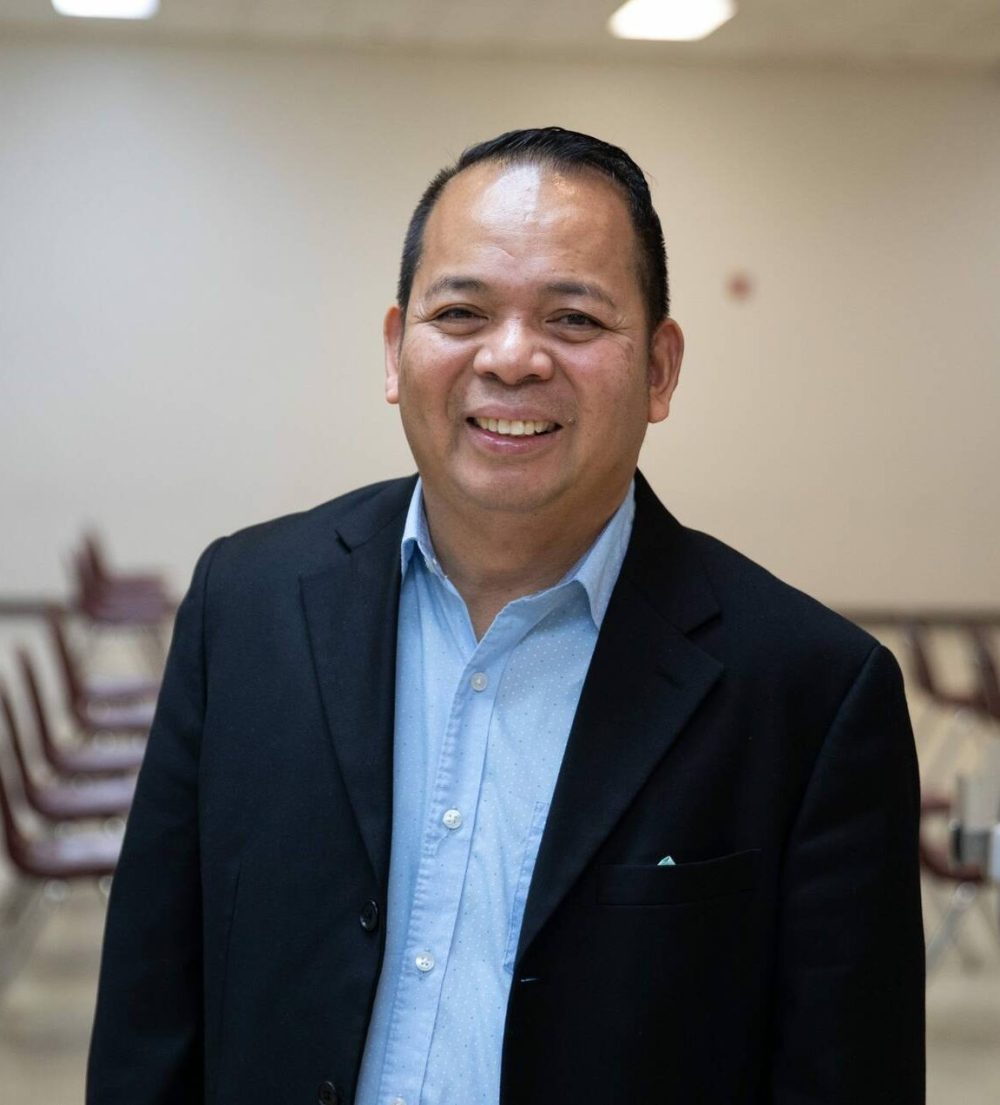
The new trustees — accounting for a third of the board representatives — spent the majority, if not all, of their schooling in their home country; Aviso arrived in Winnipeg with his family as a teenager and graduated from Daniel McIntyre Collegiate Institute.
In a group interview, Aviso said the trio is bringing unique experiences with different education systems, strong individual relationships with ethnocultural communities and a shared commitment to serve residents to the board table.
They are all in agreement that local pupils would benefit from classroom culture changes that mimic successful practices in the Philippines, including an emphasis on openly recognizing exceptional student achievement to motivate peers and drilling strong study skills.
“There is really a huge gap. A lot of parents have pointed this out — when their kids transition from Grade 12 to university, there is some sort of culture shock,” said Evangelista, an instructor at the University of Winnipeg.
The Ward 9 trustee, who has taught in countries across Southeast Asia, said her priorities include advocating for post-secondary transition supports and updated professional development for bilingual program teachers.
“There is really a huge gap. A lot of parents have pointed this out — when their kids transition from Grade 12 to university, there is some sort of culture shock.”–Ann Evangelista
Javate’s to-do list for the 2022-26 term includes recommending the division designate a staff member at every school to be a receptionist, guide “and friend” for newcomer youth to set them up for success.
For Aviso, a real estate agent and literacy advocate, an eventual expansion of the Filipino bilingual program to Sargent Park is of interest.
The latest iteration of the school board is an exciting development for Filipino teacher organizers.
JESSICA LEE / WINNIPEG FREE PRESS Newly-elected school trustee Ann Evangelista is an instructor at the University of Winnipeg.
Genalyn Tan, a trained educator, parent and community leader, said their autumn open house to advertise the tentative September 2023 program launch drew significant interest.
Tan said WSD’s after-school heritage classes are giving youth the ability to speak to their grandparents and other relatives in their mother tongues.
“It’s giving (families) a sense of pride and it boosts their morale, whenever they hear their children speak the language when they get back home,” said the vice-president of the Filipino Canadian National Congress.
Fluency also benefits students because they can earn a high school credit via WSD’s Filipino exam and later in life, take on jobs where multiple languages are an asset, she said, adding the language is growing in popularity due to immigration.
The Seven Oaks School Division launched a groundbreaking English-Filipino stream — believed to be the first of its kind in Canada — in 2018-19. Arthur E. Wright Community School in The Maples continues to offer it to K-6 students.
The program in WSD is anticipated to begin with kindergarten and Grade 1 pupils.
Learners from across the city are welcome to register, but free busing will only be available to pupils in the division who live 1.6 kilometres from Meadows West, according to the organizers.
maggie.macintosh@freepress.mb.ca
Twitter: @macintoshmaggie

Maggie Macintosh reports on education for the Winnipeg Free Press. Funding for the Free Press education reporter comes from the Government of Canada through the Local Journalism Initiative.
Our newsroom depends on a growing audience of readers to power our journalism. If you are not a paid reader, please consider becoming a subscriber.
Our newsroom depends on its audience of readers to power our journalism. Thank you for your support.

